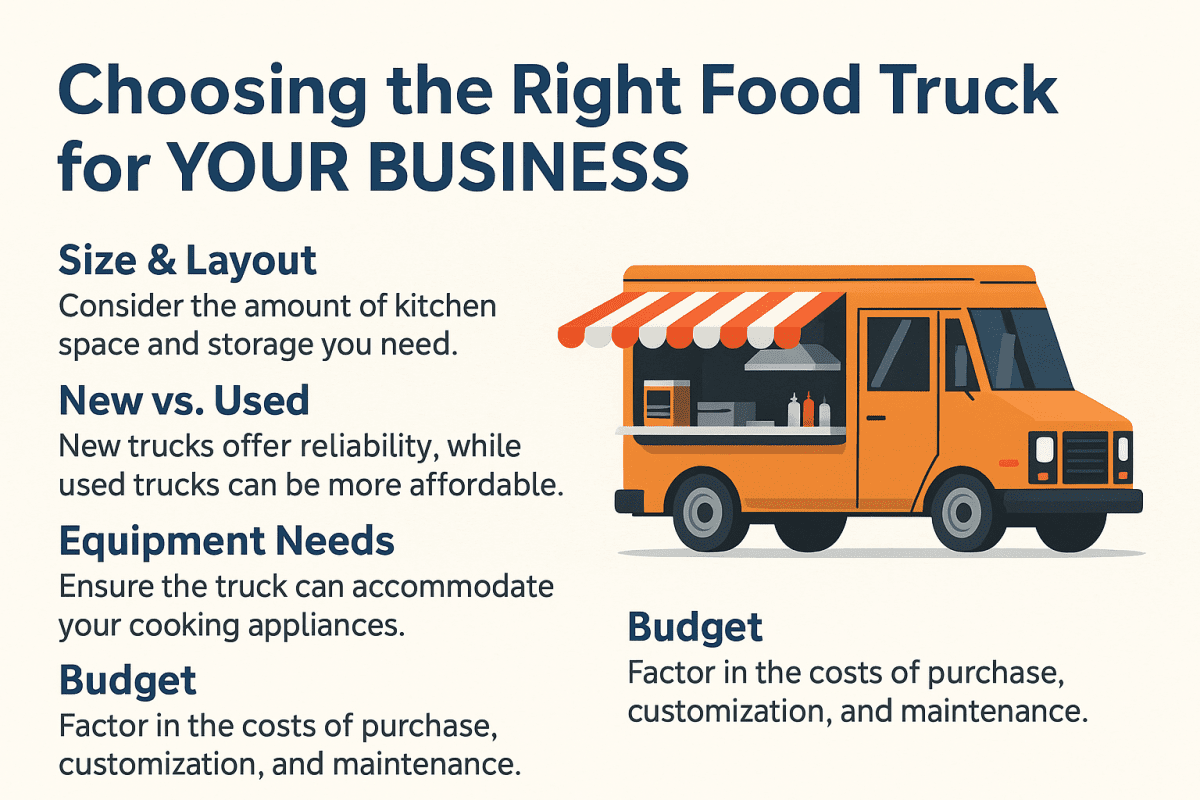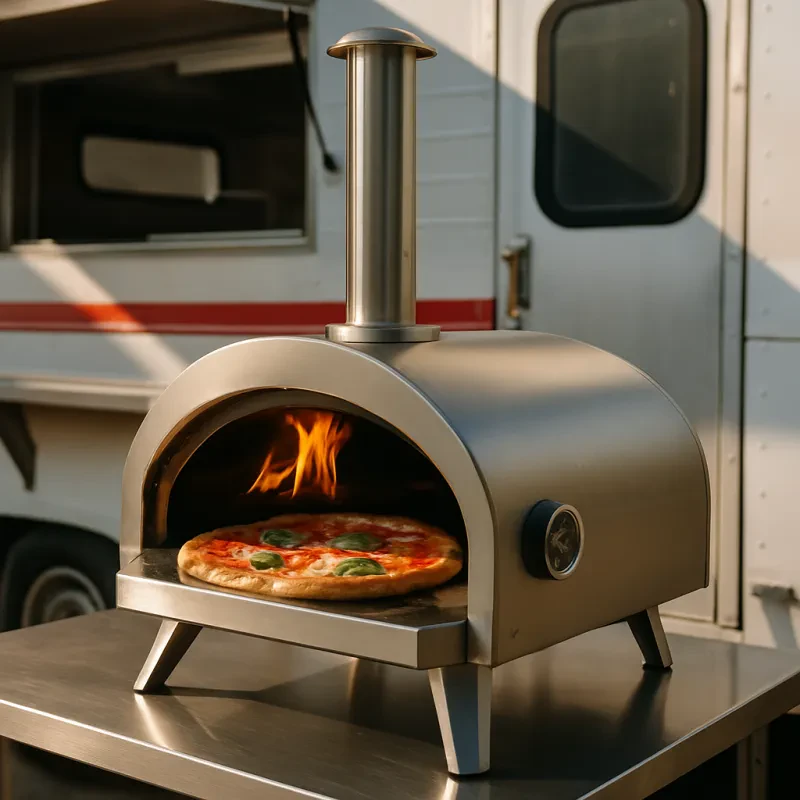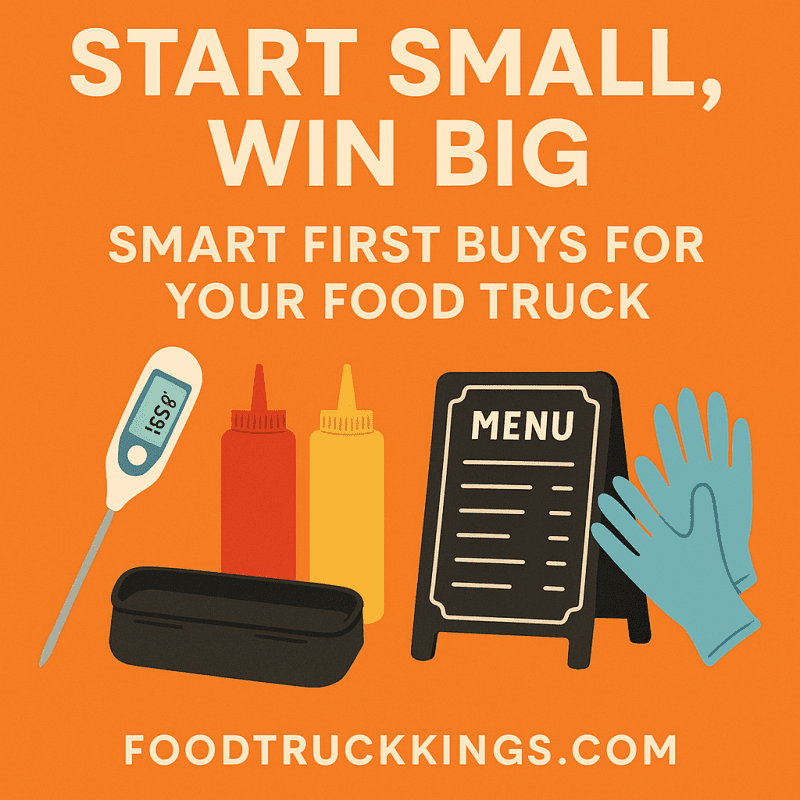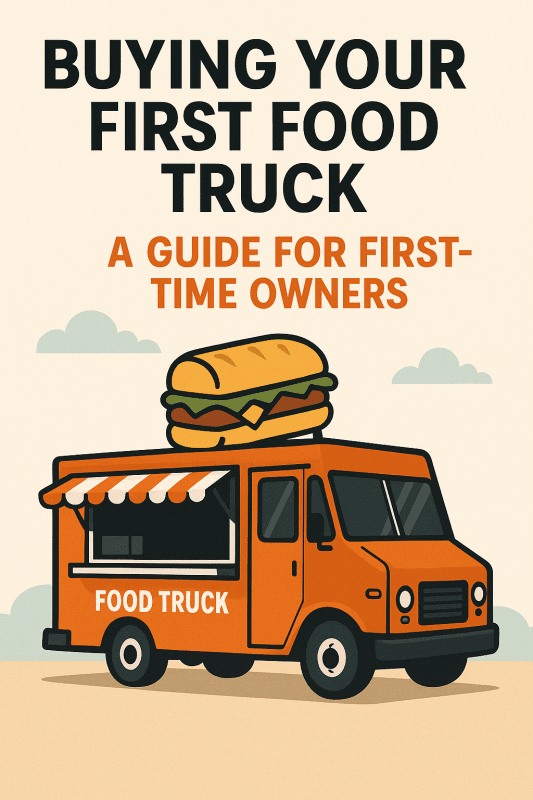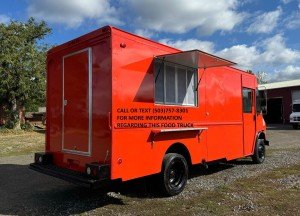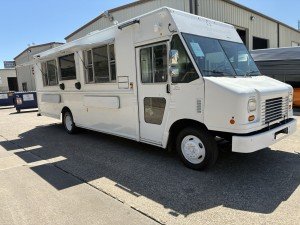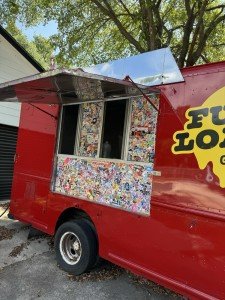Choosing the Right Food Truck for Your Business
Starting a food truck business is exciting—but choosing the right vehicle is one of the most important decisions you’ll make. Your food truck isn’t just transportation—it’s your mobile kitchen, your brand identity, and your primary workspace. Here’s what to consider to ensure you pick the right one for your culinary vision and budget.
1. Size & Layout
The truck’s layout should match your menu. If you're serving complex dishes that require prep space, refrigeration, and multiple cooking stations, go for a larger layout. Simpler menus like tacos, sandwiches, or coffee might do well with compact builds. Walk through a few designs and imagine yourself working inside—comfort and workflow are critical.
2. New vs. Used
A new truck offers reliability, warranties, and customization. However, it can cost significantly more upfront. A used food truck can be more affordable and may come partially equipped—but be prepared for potential maintenance issues. Always inspect used trucks thoroughly, and budget for upgrades.
3. Equipment Compatibility
Ensure your food truck can support the equipment you need. Griddles, fryers, refrigeration, sinks, and vent hoods all require space and power. Double-check that the electrical and propane systems meet your local health and fire safety regulations.
4. Budget & Financing
Don’t forget to factor in the total cost of:
-
Purchasing or leasing the truck
-
Outfitting it with the proper equipment
-
Licensing and permits
-
Insurance and maintenance
A well-equipped new food truck can cost $75,000–$150,000+, while used options may range from $25,000–$60,000. Plan accordingly and explore financing options or leasing if needed.
5. Local Regulations
Before you buy anything, check with your city’s health department and permitting office. Different regions have specific requirements for size, ventilation, plumbing, and even exterior design. Don’t assume your truck is compliant until it’s confirmed locally.
6. Brand & Appearance
Your food truck is also your storefront. Make sure it reflects your brand—color, signage, lighting, and cleanliness all matter. A well-designed exterior draws attention and builds trust before customers even taste your food.
Conclusion:
Choosing the right food truck takes research, vision, and planning. By focusing on layout, budget, compliance, and functionality, you’ll set the foundation for a food truck business that’s built for both mobility and success.
